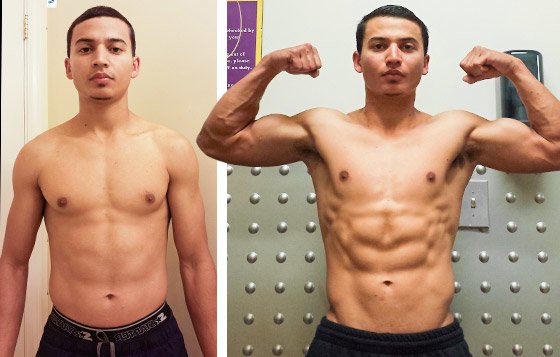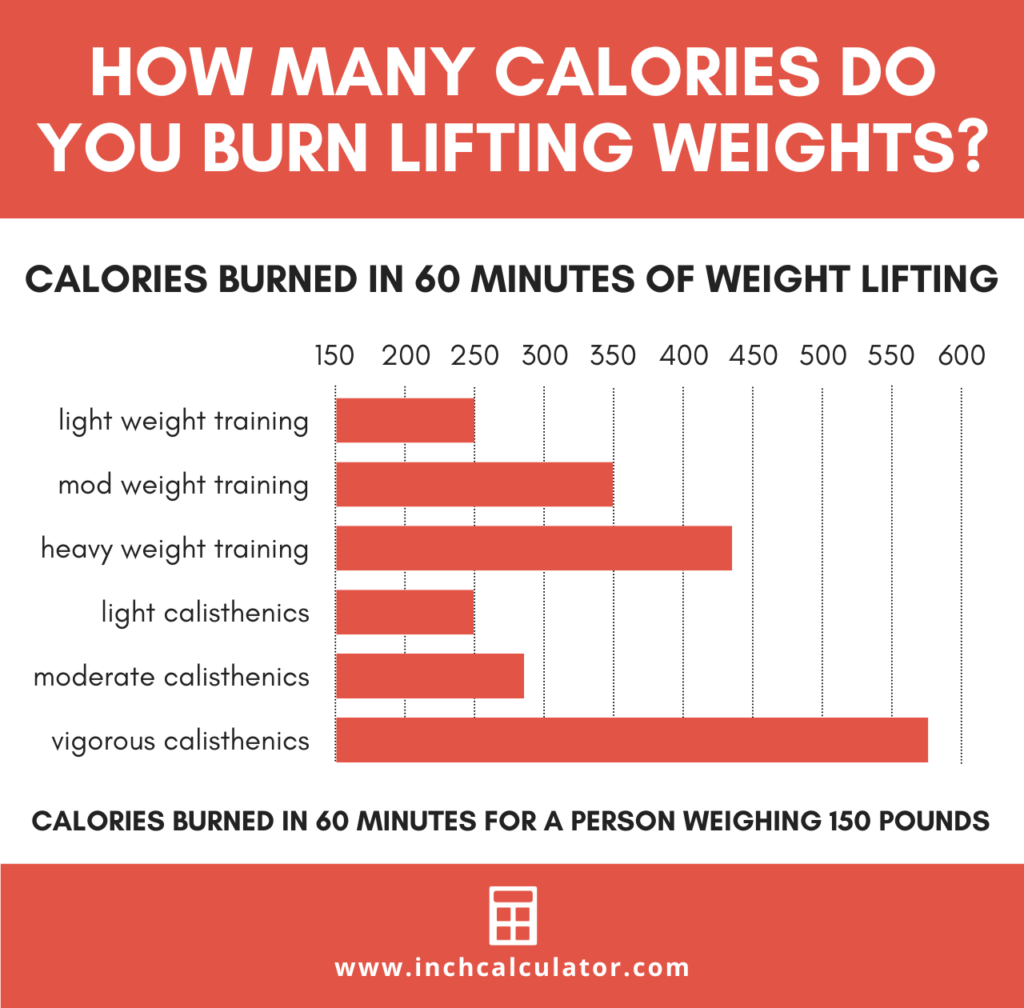Bulking for bodybuilding typically takes 4 to 6 months. The duration depends on individual goals and body composition.
Bulking is an essential phase in bodybuilding aimed at gaining muscle mass. During this period, athletes consume more calories than they burn to fuel muscle growth. A well-planned bulking cycle involves a balance of nutrient-rich foods and rigorous weight training.
It’s crucial to monitor progress and adjust diet and exercise routines accordingly. Building muscle mass effectively requires dedication, consistency, and patience. By understanding the principles of bulking, individuals can optimize their efforts and achieve desired results. Always consult with a fitness professional to ensure a safe and effective bulking strategy tailored to your specific needs.
Introduction To Bulking
Bulking is a phase in bodybuilding. The goal is to gain muscle mass. This involves eating more calories than you burn. Strength training is also important. It helps to build muscle. Bulking can last for several months. The focus is on gaining weight. This weight is mostly muscle but can include some fat.
Bulking is crucial for muscle growth. It provides the body with extra nutrients. These nutrients help in muscle repair and growth. Without bulking, gaining muscle can be slow. Proper bulking can lead to faster muscle gains. It’s also important for strength gains. Bulking helps you to lift heavier weights.

Credit: www.bodybuilding.com
Setting Bulking Goals
Short-term goals keep you motivated. They help track weekly or monthly progress. Long-term goals provide a bigger picture. They help you stay on track for months or years. Both types of goals are important. They ensure steady progress in bodybuilding.
Regular measurements are key. Use a tape measure, scale, and body fat caliper. Record your data every week. Keep a workout journal. Note the weights lifted and sets completed. Track your diet too. Ensure you meet your caloric and protein goals. This helps in making adjustments.
Diet For Optimal Bulking
Eating the right mix of macronutrients is key. Protein helps build muscles. Aim for about 1 gram of protein per pound of body weight. Carbohydrates give energy for workouts. Choose whole grains, fruits, and vegetables. Fats are also important. Healthy fats support hormone production. Include nuts, avocados, and olive oil in your diet. Balance your meals with these macronutrients.
| Meal | Food Items |
|---|---|
| Breakfast | Oatmeal, eggs, berries |
| Lunch | Grilled chicken, brown rice, broccoli |
| Snack | Greek yogurt, almonds |
| Dinner | Salmon, quinoa, spinach |
| Post-Workout | Protein shake, banana |

Credit: flexfitnessapp.com
Training Regimen For Bulking
Weight training builds muscle. Lift heavy weights. Aim for 8-12 reps per set. Rest for 1-2 minutes between sets. Compound exercises work best. Include squats, deadlifts, and bench presses. Train each muscle group twice a week. Use proper form to avoid injuries. Increase weights gradually. Track your progress regularly.
Cardio helps with overall health. Do not overdo cardio. Limit sessions to 20-30 minutes. Low-intensity cardio is ideal. Walking or light jogging works well. Perform cardio 2-3 times a week. Avoid high-intensity interval training (HIIT). Too much cardio can hinder muscle gains. Focus more on weight training.
Supplements For Bulking
Protein powder helps build muscles faster. Creatine boosts strength and energy. Branched-Chain Amino Acids (BCAAs) reduce muscle soreness. Fish oil supports joint health. Multivitamins fill nutritional gaps. Mass gainers provide extra calories for bulking.
Take protein powder after workouts. Creatine is best before or after workouts. BCAAs work well during workouts. Fish oil can be taken with meals. Multivitamins are best in the morning. Mass gainers can be taken between meals.
Credit: www.quora.com
Monitoring And Adjusting
Track your progress by taking regular measurements. Use a tape measure to track your muscle size. Weigh yourself weekly to monitor weight gain. Keep a workout diary to note strength improvements. Take progress photos every month. These steps help in noticing changes over time.
Make adjustments based on your progress. Increase calories if weight gain is slow. Reduce calories if fat gain is too high. Change workout routines to avoid plateaus. Ensure you get enough rest and recovery. Adjust protein intake to support muscle growth. These changes help maintain a healthy bulk.
Common Bulking Mistakes
Many think eating more means more muscle. This is not true. Excess calories turn into fat. It is important to eat the right amount. Eating too much junk food can harm your progress. Choose nutritious foods like chicken, rice, and vegetables. They help build muscle without adding fat.
Rest days are vital for muscle growth. Muscles need time to heal and grow. Skipping rest can lead to injuries. Sleep is also important. Aim for 8 hours of sleep each night. Proper recovery helps you stay strong and avoid burnout.
Transitioning To Cutting
Switching to cutting is crucial. Bulk for 4-6 months. Monitor your body fat percentage. Aim for 15-20%. Higher body fat can lead to health issues. Lower body fat helps define muscles. Listen to your body. Consult a fitness expert.
Maintaining muscle mass is key. Reduce calorie intake slowly. Focus on protein-rich foods. Strength training is vital. Lift weights at least 3 times a week. Rest is important. Sleep 7-8 hours per night. Stay hydrated and drink water regularly.
Frequently Asked Questions
How Long Does A Bulk Take In Bodybuilding?
A bulk phase in bodybuilding typically lasts 3 to 6 months. Duration depends on individual goals and progress.
Is A 3 Month Bulk Enough?
A 3-month bulk can show noticeable muscle gains if your diet and workout routine are optimized. Results vary per individual.
What Is The Best Length Of Time For Bulking?
The best length for bulking is 4-6 months. This period allows for significant muscle growth without excessive fat gain. Adjust based on individual goals and progress.
Is A 4 Week Bulk Long Enough?
A 4-week bulk can show some progress. For significant muscle gain, aim for at least 8-12 weeks.
Conclusion
Achieving the ideal bulk for bodybuilding requires patience, dedication, and a clear plan. Monitor progress regularly and adjust as needed. Consistency in diet and training is key to success. Remember, everyone’s journey is unique. Stay committed and enjoy the process of building a stronger, healthier body.











